Diving into the world of real estate can feel like learning a new language. There's a tidal wave of terms and phrases that pop up during the home buying process. Understanding these terms is crucial in helping you make informed decisions on your journey to owning a home.
From recognizing what makes a solid offer to understanding mortgage details, each term has a significant role. Knowing these terms helps you feel more confident and organized, whether you're a first-time buyer or someone who hasn't been in the market for years. Clear grasp of the language surrounding buying a home saves you from confusion and possibly costly mistakes.
By familiarizing yourself with these essential terms, you gain a clearer picture of what to expect and how to handle each step. It's like having a map for your journey, so you can enjoy the big picture without getting bogged down in jargon.
With knowledge on your side, you're better prepared to make decisions that lead you to the perfect home.

